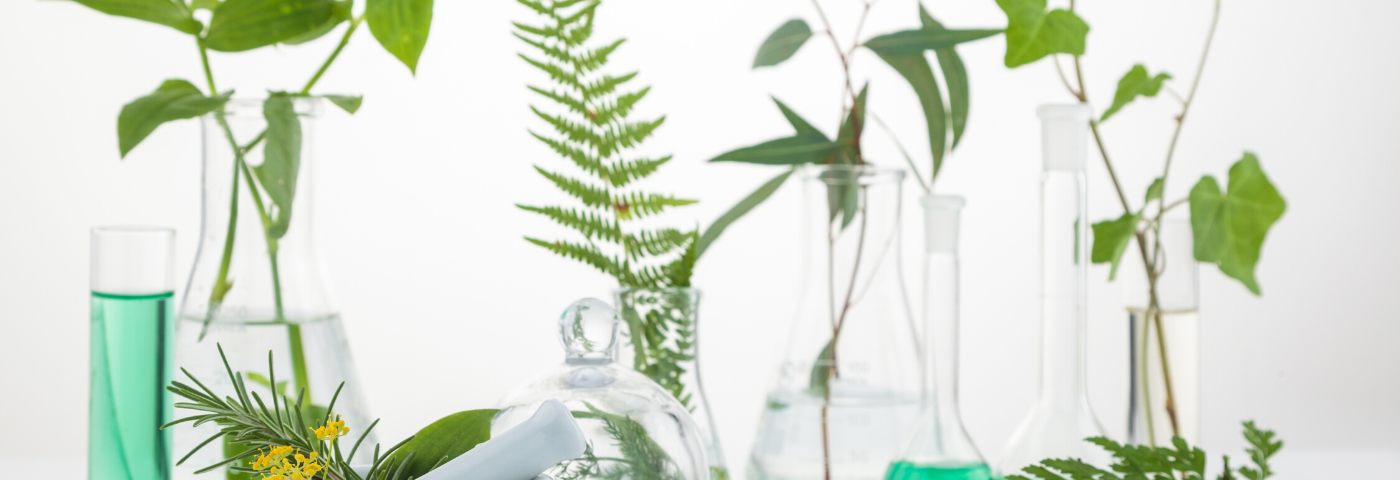The Young Group discussed the future of clean living and its influence on the beauty industry at in-cosmetics North America 2019. We’ve detailed the key session takeaways for you to think about in relation to your next formulation.
The Youth Group states that clean beauty is a macro trend extending to many lifestyle aspects and implies safety, sustainability, ethics and transparency. In the beauty space, consumers, especially millennials, are becoming more conscious about how they care for both themselves and the planet.
As an example, most beauty products comprise 80- 95% water. However, by 2050, 1.8B people will be affected by water shortage, so formulation experts in this space will have to be mindful of this when making future ‘clean’ innovations.
That being said, the market surrounding clean beauty is rife with opportunities. The presentation states that global sales of clean beauty products will double by 2024, reaching US$22B. As a result, there is a growing demand for ‘clean’ ingredients. Most notable ingredients on restricted lists include: paraben, silicone, artificial colorants and animal derived ingredients, to name a few.
Clean beauty also calls for action on packaging. Only 6-9% plastic is recycled with 8m tons of plastic emptied into the sea annually. Clean beauty brands are making the effort to move towards recyclable, biodegradable etc packaging options and encourage all divisions in the beauty industry to follow suit. Brands can be creative with this, like Kevin Murphy Haircare as an example, who plan to make their entire line packaged in recycled plastics recovered from the ocean.
Many big companies have pledged their commitment to sustainability:
L’Oréal: Their Seed Phytonutrients range uses entirely environmentally friendly recycled & recyclable packaging
Unilever: Love Beauty and Planet, which Unilever launched in 2017, sources vegan ingredients from fragrance partner, Givaudan, with a sourcing program to help support the farmers that grow them. Bottles are made from 100% post-consumer recycled plastic and are 100% recyclable.
P&G: Head & Shoulders Partnering with recycling experts TerraCycle & SUEZ to produce the first recyclable shampoo bottle made from up to 25% recycled material from beach plastic
From a formulator perspective, the beauty industry must examine the food chain from ingredients to packaging to manufacturing.

